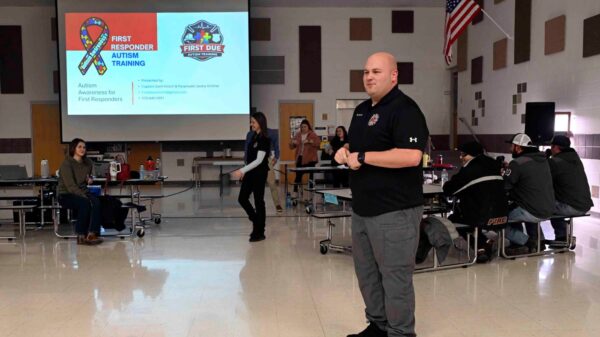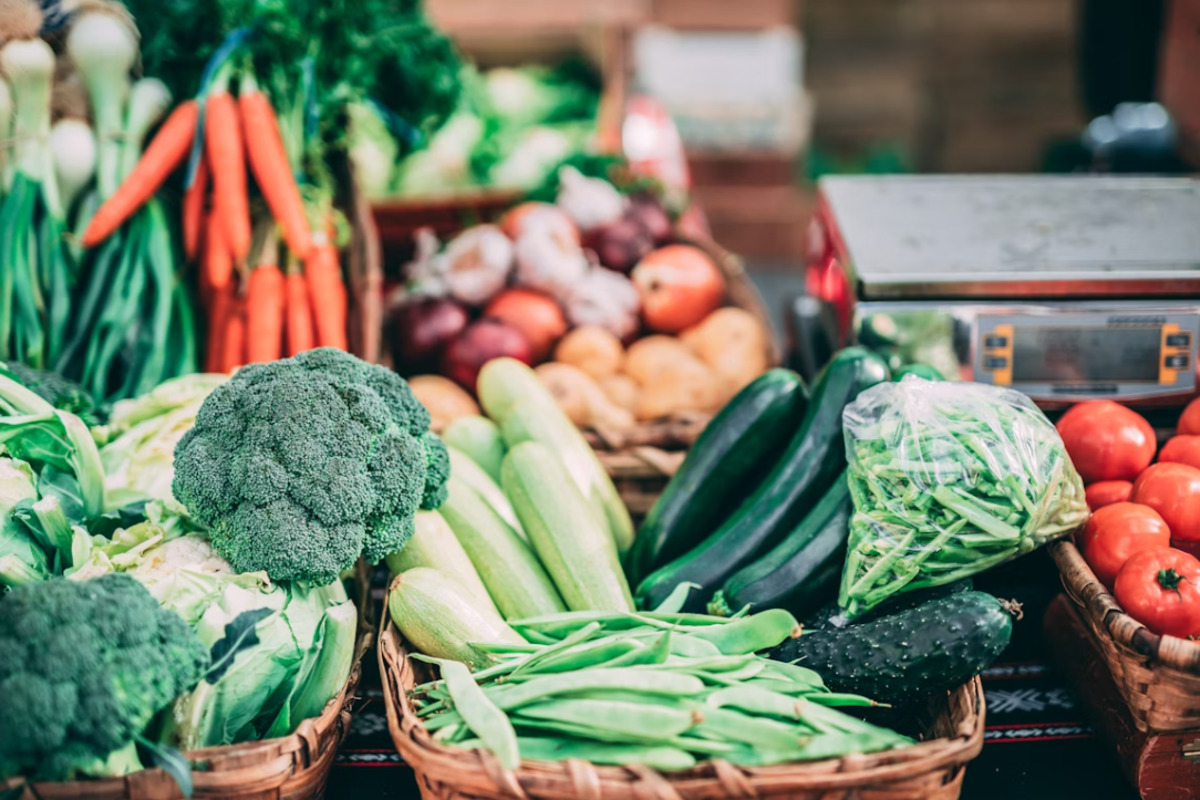The U.S. Department of Agriculture (USDA) has announced that no federal food aid payments will be issued on November 1, 2023, potentially disrupting the Supplemental Nutrition Assistance Program (SNAP) for millions of Americans. This decision has prompted local leaders in Las Vegas to take urgent measures to address the looming food crisis, as many households depend on these monthly benefits.
The USDA’s notice states, “At this time, there will be no benefits issued November 01,” highlighting a critical situation where the agency’s available funding has been depleted. The announcement follows the administration’s decision not to utilize approximately $5 billion in contingency funds to continue SNAP payments into November. This decision is tied to legal restrictions on funds allocated for disaster response, which complicates the agency’s ability to provide regular benefits during a prolonged government shutdown that is now in its fourth week.
More than 41 million Americans rely on SNAP benefits, with certain states seeing the program account for a substantial portion of grocery spending. Should benefits pause, food banks and retailers dependent on SNAP redemptions could face increased demand alongside a decrease in revenue, causing significant strain on local food systems. Community leaders are already considering emergency strategies to mitigate this potential crisis.
USDA’s Funding Challenges and State Responses
According to an internal USDA memo, the department asserts that contingency funds are legally reserved for emergencies and cannot be repurposed for regular benefits. The memo specifically mentioned an impending storm named Melissa as a reason to maintain these reserves. This legal interpretation restricts the USDA’s flexibility in reallocating funds to support routine monthly allotments.
In response to the situation, some state governors, including those from Louisiana and Virginia, have declared states of emergency to unlock state funds for hunger relief efforts. Lawmakers and advocates in Congress have urged the USDA to utilize its emergency reserves; however, the agency has indicated that it will not do so if the funds are legally constrained. This has resulted in a fragmented approach across states and localities to address what could be a sudden shortfall in grocery funds for many families.
Local Initiatives in Las Vegas
In Las Vegas, officials from Clark County have established a food and essentials pantry at Harry Reid International Airport to support around 1,500 federal aviation workers affected by the funding gap. This initiative, bolstered by donations from Three Square and local businesses, aims to provide immediate assistance and will remain operational as long as there is demand.
The USDA memo also indicates that states that temporarily cover SNAP expenses would not receive reimbursement, complicating efforts for states to step in. This legal constraint has prompted some governors to declare emergencies to free up state funds for immediate relief, but it also shifts the financial burden onto states already grappling with tight budgets. Legal experts suggest that while short-term state actions can offer temporary relief, they cannot replace the need for federal funding.
As the situation unfolds, local charities and county programs are gearing up to support families who may be left without federal assistance. Las Vegas agencies are mobilizing resources, including food, gift cards, and referral services, to meet the anticipated demand. Community members are encouraged to contribute to local donation drives as officials continue to monitor developments and adapt their strategies in response to changing circumstances.
If federal benefits are not issued on November 1, local organizations will play a crucial role in addressing food insecurity in the community. The response from Las Vegas highlights the urgency of the situation as local leaders work to ensure that vulnerable families receive the support they need during this challenging time.








































































